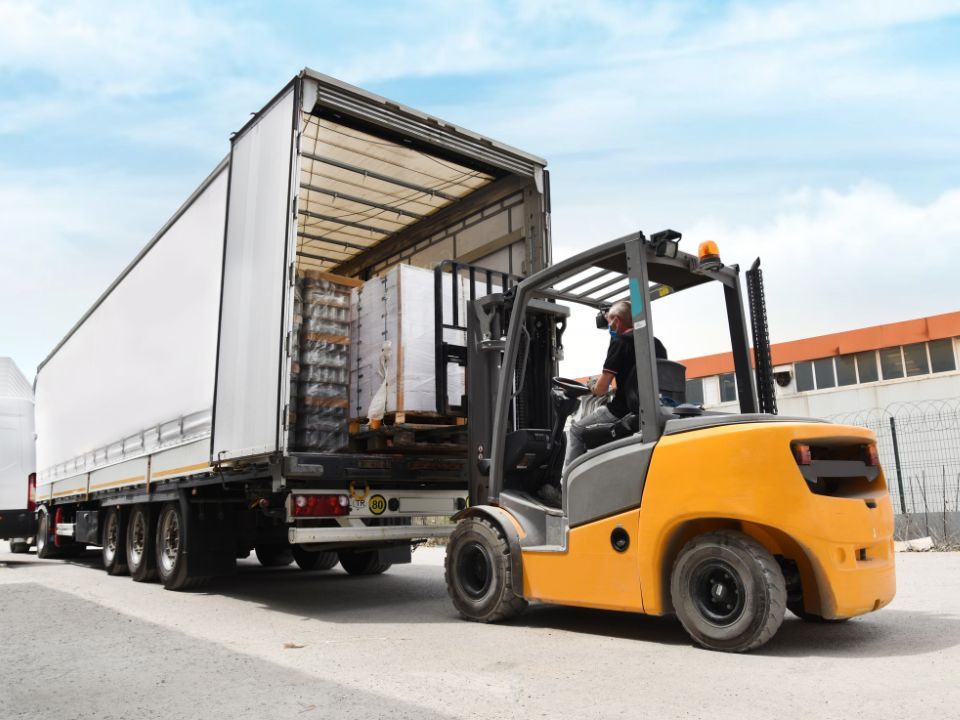Alternative Uses for Common Heavy Equipment

You probably associate heavy-duty equipment with large construction sites, farms, or warehouses, so you might not have considered these alternative uses for common heavy equipment. Let’s explore some unexpected ways people use heavy machinery in everyday life.
Cranes
Did you know towering cranes are for more than construction? Crane operators at dockyards unload various goods and lift large shipping containers off cargo ships.
Local authorities also use cranes from time to time. For example, a mobile crane is often the quickest and safest way to assist in emergencies. If a large tree falls over during bad weather and blocks a busy road or a truck is turned on its side during an accident, a crane can lift the wreckage out of the way.
Steel manufacturers and nuclear power plants also rely on cranes for daily operations. Crane operators in steel fabrication lift buckets of molten steel from furnaces to rollers. In the nuclear power industry, operators use cranes to move radioactive fuel from one location to another.
Tractors
Although tractors are common for farming-related activities, this heavy equipment has many other uses. Tractors are ideal for lawn maintenance because you can attach a mower to a tractor and cut a large area of grass in a short amount of time. Many golf courses, stadiums, and parks rely on tractors to maintain green spaces.
Since tractors are so powerful, they also make great snow removal vehicles. Operators will attach blades to the front of the tractor and a loader on the back. Tractors are invaluable for clearing a large volume of snow.
Tractors are also useful for shifting heavy objects. Whether you work on a farm or a construction site, your team needs heavy machinery to move bulk materials. Attach a loader to the front of a tractor to carry heavy objects around your worksite.
Forklifts
You might see forklifts in warehouses where operators need to lift and transport pallets and other heavy items. However, forklifts have other, less obvious uses. In many instances, a forklift with a personnel cage is safer and more stable than climbing a ladder at the job site. Therefore, forklifts come in handy for tasks high above ground, such as cleaning a gutter or accessing a damaged roof.
The auto industry also benefits from forklifts. If you need to move vehicles around a car dealership or impound lot, a forklift with a wrecker attachment lets you lift vehicles by their front wheels. Using this type of equipment allows you to park the cars in your desired configuration without much effort.
If you’re in need of heavy equipment transportation services that a forklift can’t handle, contact the experts at One Call Logistics. We specialize in transporting heavy machinery and equipment and will provide a customized transport plan to fit the needs of your upcoming move.












